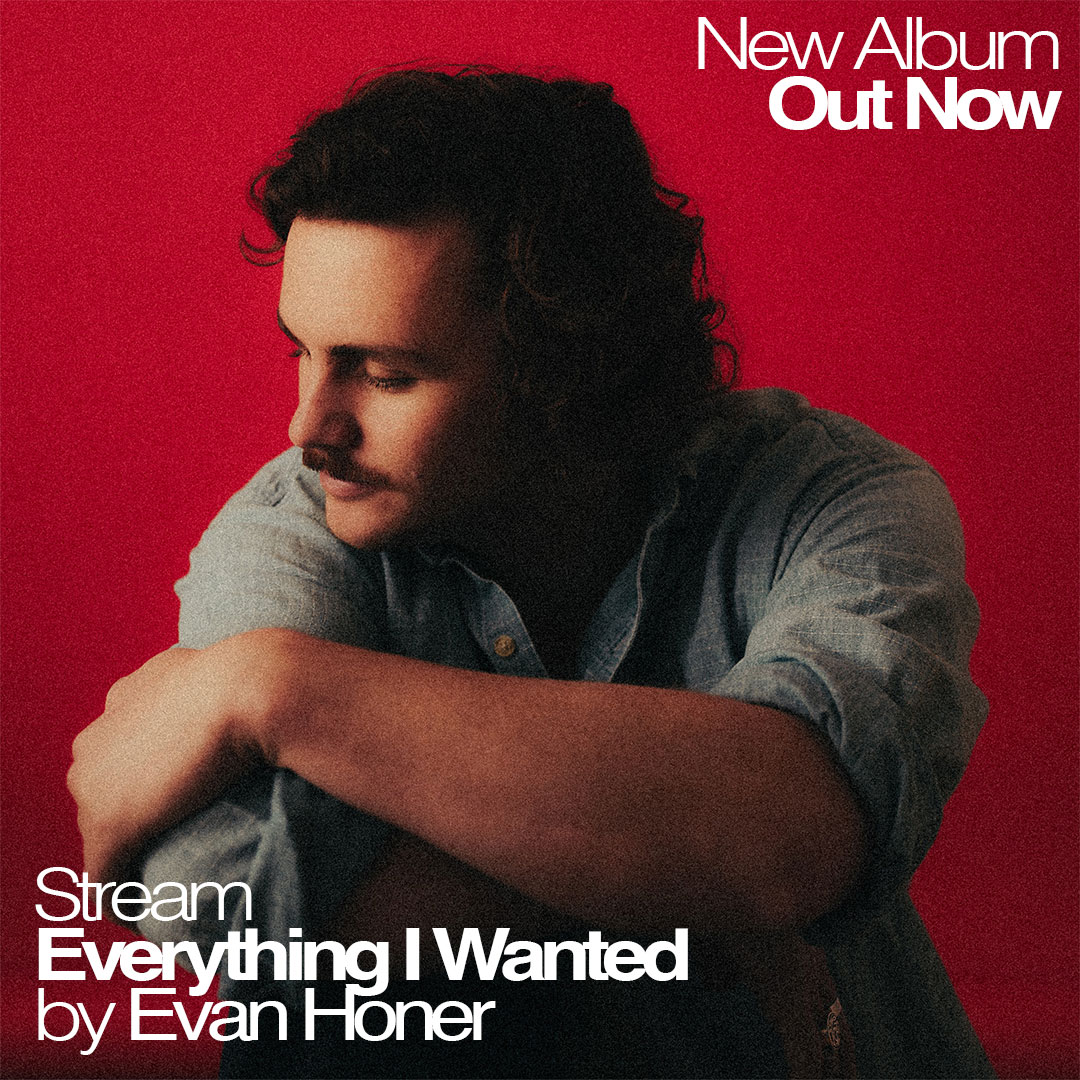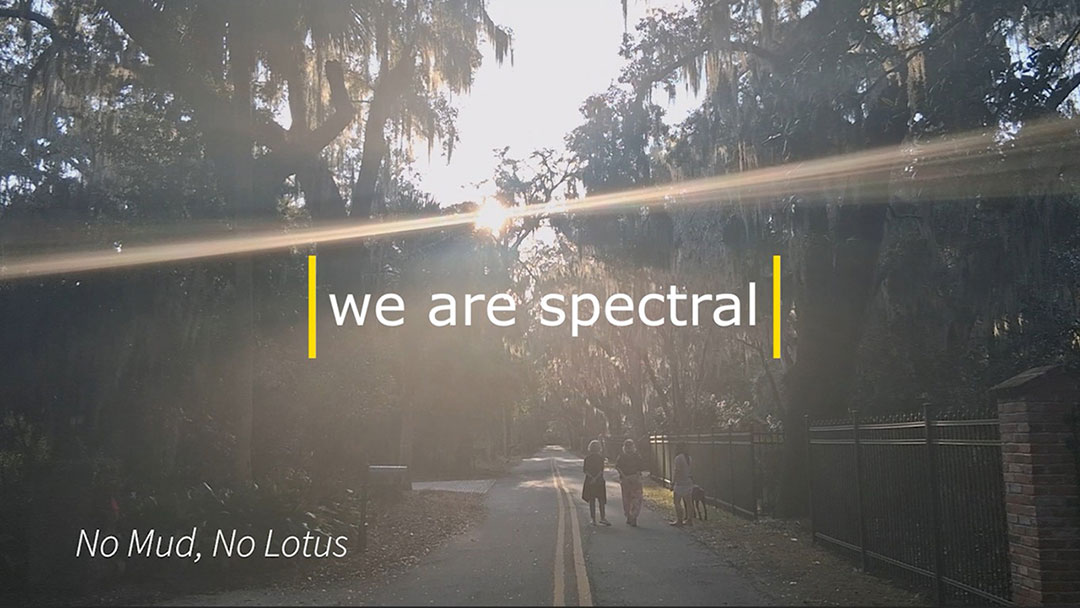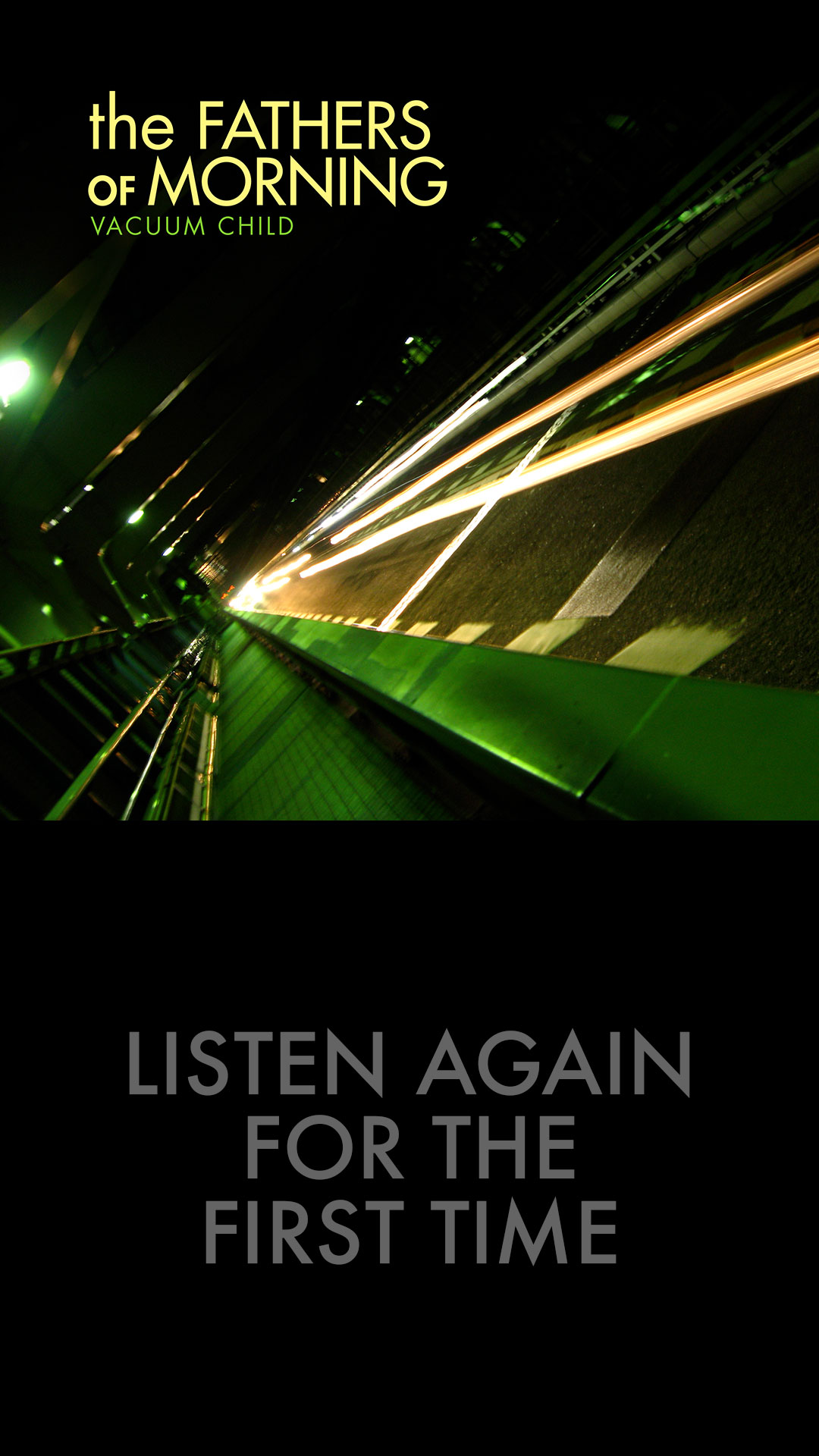
There’s never been anything fancy or high-minded about what Idlewild is selling—just well-crafted, emotionally authentic alt-rock that’s been a model of consistency over the past three decades. To a certain degree, Idlwild is to Scotland what the Tragically Hip was to Canada: impassioned ambassadors for a country that doesn’t always get the music-industry respect it deserves. At least that’s what comes to mind while listening to the razor-sharp, filler-free Idlewild (V2), the Edinburgh-formed quintet’s 10th album.
Like most great “mainstream” rock bands, Idlewild started out as teenage punks, turning a corner when 2022’s The Remote Part debuted at number three on the U.K. charts and received widespread critical acclaim and college airplay in the United States. And as with any group that’s been around as long as Idlewild, they weren’t afraid the shut it down when things got stale, returning from a 2010 hiatus with a renewed focus. The midlife renaissance continues with Idlewild, an album that resurrects and reconfigures portions of Idlewild’s musical past without sounding remedial or even nostalgic. The choruses connect more often than not, and the sentiments find their weight in both the topical and the personal.
“Big ideas, deep uncertainties, memorable tunes,” as frontman Roddy Woomble puts it.
MAGNET’S Hobart Rowland fired five questions Woomble’s way.
Idlewild always seems to catch grief for long breaks between albums. How do you see the distance between efforts as both a detriment and an asset?
For this album, the reason it took six years was really the COVID pandemic and lockdowns. All the band members live in different places, so for a few years, we didn’t see much of each other. It was really in 2024 that we focused on writing songs and finishing existing ideas. When you’ve been a band for 30 years, having some time between records is a positive thing, I think. It allows the audience to miss you.
How has the creative chemistry evolved between Idlewild’s five members over the years?
We’ve had a few members come and go over the last three decades, but this lineup has been in place for a decade now, and it feels very solidified. (Guitarist/producer) Rod (Jones), (drummer) Colin (Newton) and I have been there from the beginning, and I guess the creative chemistry between us is what the band’s sound is focused around, with (keyboardist) Luciano (Rossi) and (bassist) Andrew (Mitchell) adding their ideas and creativity into that.
How did the 2010 break serve to reenergize that chemistry?
I don’t think we’d still be making music today if we hadn’t stopped for a period of time—to reflect on what we’d accomplished, but also to find a whole new set of inspiration and ideas. On a very practical side, several of the band had young children by then, and it felt like the right time to concentrate on that, instead of being in a rock band … to find other artistic projects that would lead us back to Idlewild.
After nine albums, why did you feel it was fitting to self-title this new one?
After we’d finished recording, I presented the band with my list of title ideas—and most of them were rejected … other than Idlewild. It just seemed to make sense for everyone when we listened back to the record. It sounds like Idlewild, so that’s what it’s called.
Idlewild’s sound has taken on so many distinct characteristics over the past 30 years. What do you see as the band’s sonic personality now and where might it be headed?
We’re always curious about the songs we can write together, so I think that curiosity will continue on and on. We’re just delighted that there’s still an audience out there wanting to hear our songs.
See Idlewild live.














